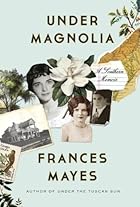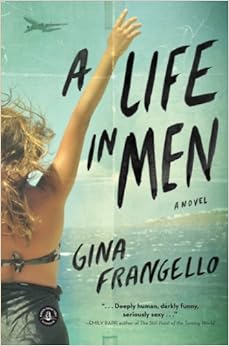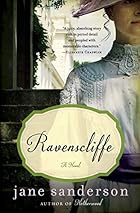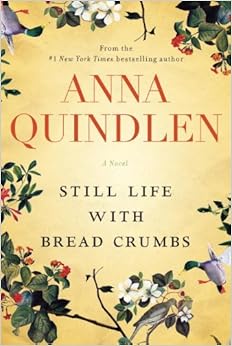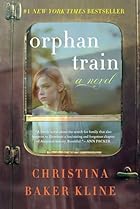Forty years after their voyage to Treasure Island, Jim Hawkins runs an inn called the Hispaniola in the lonely marshes of the Thames. He rather plods through life, mourning the early death of his wife and telling his tale of glory again and again of a rum soaked evening. Long John Silver is blind, ravaged, and invalid in his odd, higgledy-piggledy house and taproom but still controlling and somehow, even in his aged state, capable of inspiring fear and loyalty in equal measure. The canny old pirate sends his daughter Natty to beckon to young Jim Hawkins, the son of the original Jim, and to entice him to steal the map of Treasure Island from his father with an eye to sailing back to that distant island. And young Jim, feeling an immediate pull to Natty and despite his misgivings about the old pirate, agrees.
So the two young people set out on a long voyage on the Nightingale, a ship financed by Long John Silver, captained by a benevolent, moral, old salt, and with Natty disguised as a boy. As they sail, they find the dangerous, malevolent, and unhinged nephew of one of the original pirates working in the crew on their ship casting a blight on their journey and they must prepare themselves for whatever they might encounter when they arrive at Treasure Island, knowing that their fathers had marooned three men there when they left. And when they finally arrive, they do find that it is not a deserted island as might be expected but populated by a pure evil. This evil changes the tenor of their plans entirely.
Although using the original as a starting point and being beautifully written, easily evoking the language of Stevenson, this is a much less enchanting novel. The characters are firmly good or bad with only Long John Silver retaining any air of ambiguity and reality, but of course he is only seen at the start. Natty and Jim might be intrepid adventurers but they aren't as engaging as their fathers were. The situation on Treasure Island is unexpected (really, the maroons are still alive?) and quite honestly, rather unrealistic and unbelievable, as is the attitude of the Captain, his men, and Natty and Jim given the time period in which they live. There are other occurrences on the island that also beggar belief as well but the climactic fight scene is thrilling and as desperate as any reader could want. The ending of the novel, however, is wholly unsatisfying and feels like a complete cop-out. I so wanted to love this novel that perhaps my expectations were too high. Unfortunately the thing came off as moralistic and far less inspired than the original and I don't know that those unfamiliar with the original would be able to follow it at all.
Thanks to the publisher for sending me a copy of this book to review (although I did discover, upon rearranging my shelves, that I already owned the book in hardcover).







 This week's mailbox arrivals:
This week's mailbox arrivals:


